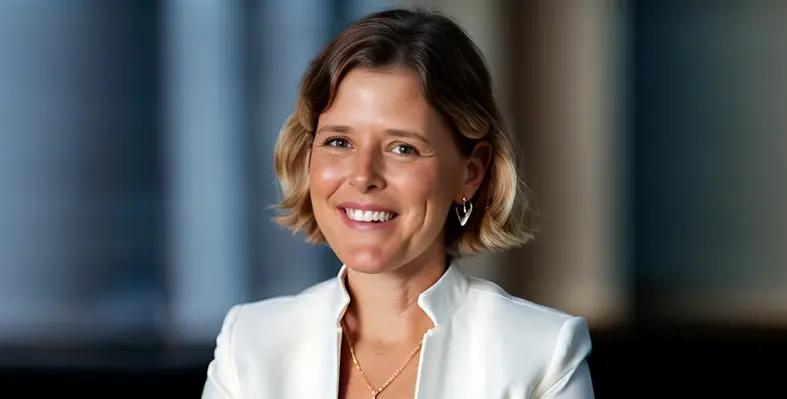In an exclusive interview, Sophie Borgne, Global Segment President for Water and Waste Water at Schneider Electric, shared insights on how the company is addressing water infrastructure challenges in the Middle East.
The region faces unique difficulties due to water scarcity and ageing infrastructure, but Borgne highlighted that local utilities are pioneering innovations to tackle these issues effectively.
Borgne emphasised that “out of the top 15 countries in terms of water stress, nine are in this region,” which puts immense pressure on utilities to manage demand. She noted that while some water infrastructure is in need of an upgrade, utilities here are “walking the talk and pioneering new solutions” such as large-scale desalination, a technology the Middle East has led the world in deploying.
Schneider Electric is playing a key role by introducing digital tools to optimise these processes. Borgne described how the company leverages artificial intelligence and digital twin technology to improve operational efficiency and reduce risks. “A lot of this technology is applied to predictions... by using digital twin technology you actually remove a lot of risk from your physical infrastructure,” she explained. This approach allows utilities to simulate various scenarios before making physical adjustments, reducing the likelihood of costly failures.
Efficiency is at the heart of Schneider Electric’s solutions. Borgne highlighted that the use of AI in process optimisation is reducing both energy consumption and operational costs. In desalination plants, for instance, energy use is a significant challenge. By analysing data patterns and optimising operational parameters, AI can help “decrease the energy used” in desalination, leading to substantial cost savings. Additionally, predictive maintenance powered by AI ensures smoother operations and reduces unplanned downtime, further boosting the efficiency of water infrastructure.
The use of AI extends to improving desalination plant performance. According to Borgne, “artificial intelligence works with taking a lot of fast data and looking into those data, finding repetitive patterns,” which helps operators decrease energy consumption—a major challenge in desalination, where energy usage is particularly high. She shared that one customer on the Red Sea achieved “20% operational efficiency” after deploying Schneider’s digital solutions, demonstrating the significant impact of these technologies.
Borgne also underscored the importance of cybersecurity in water infrastructure. “The cyber risk in water infrastructure is pretty high,” she said, but commended the region’s focus on implementing stringent cybersecurity measures to protect vital resources.
Looking ahead, Borgne urged the industry to continue innovating and prioritising not just energy efficiency but also sustainability. “I really encourage everyone to think in terms of carbon footprint as well,” she concluded, pointing out that sustainable solutions must drive future decisions in the water sector.







